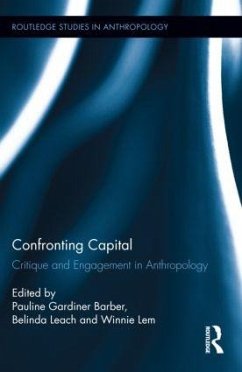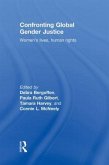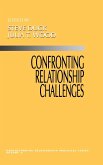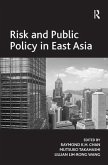This volume is an exploration of the ways in which political economy as a mode of analysis moves anthropology toward a vital, politically engaged form of scholarship. It advances the understanding of the struggles of ordinary people in the face of capitalist change. In the current economic moment when such changes are tumultuous and the instabilities of capitalism are starkly revealed, this book responds to the urgent need for theoretical and methodological approaches for understanding the forces that shape our contemporary world. Through ethnographic investigations of the quotidian, and through the thematic of politics, history and livelihoods, which distinguish Marxist political economy in the field of anthropology, the authors here reveal the increasing complexity of everyday lives. Using examples derived from fieldwork carried out across diverse geographical locations, the authors pay particular attention to historical conditions shaping the peoples' life trajectories. In so doing the authors engage critically, and with differing emphases, with political economy and Marxism as a mode of inquiry. This book illustrates the productive tension between observations emerging from the field and theoretical debates that is generated by anthropological ethnography.
Drawing on fieldwork from a range of locations around the globe, this volume explores the struggles of ordinary people in the face of capitalist change and the ways in which political economy as a mode of analysis, particularly in its Marxist variant, can move anthropology toward a vital, engaged form of scholarship that responds to the urgent need for theoretical and methodological approaches that can apprehend the forces shaping our contemporary world.
Drawing on fieldwork from a range of locations around the globe, this volume explores the struggles of ordinary people in the face of capitalist change and the ways in which political economy as a mode of analysis, particularly in its Marxist variant, can move anthropology toward a vital, engaged form of scholarship that responds to the urgent need for theoretical and methodological approaches that can apprehend the forces shaping our contemporary world.








